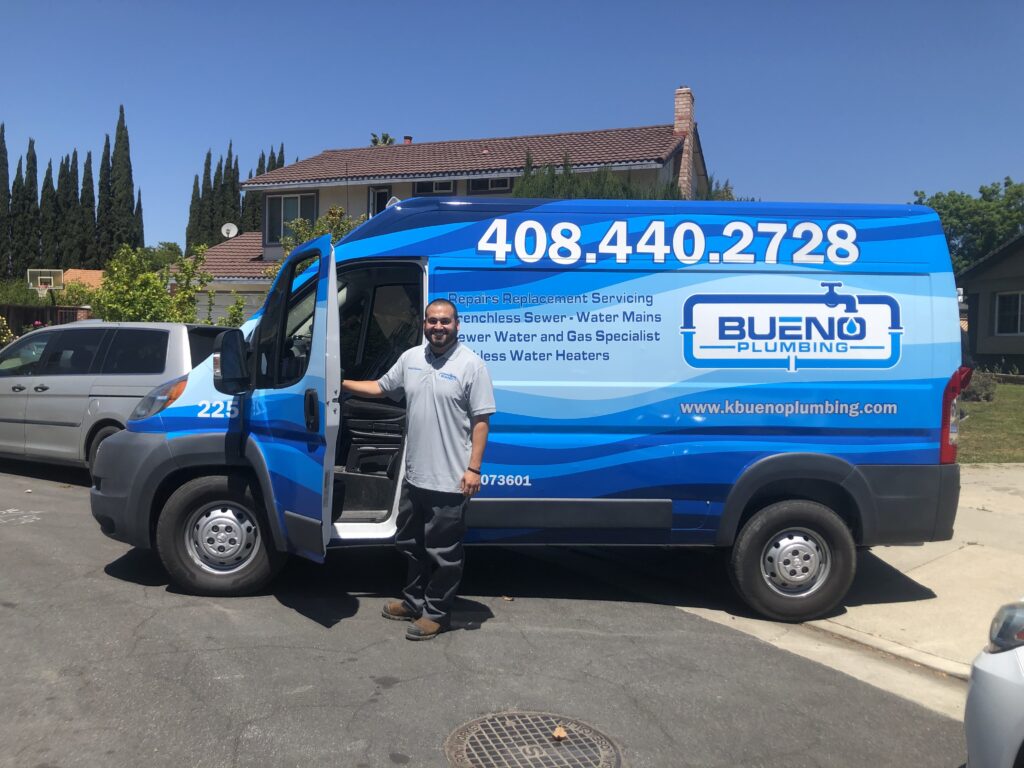What is environmentally friendly plumbing? Green plumbing is a new and growing phenomenon gaining traction lately. Many individuals have unique or specific questions about environmentally friendly plumbing, so we’ve written this blog to provide answers that you can use.

What is a low-flow showerhead?
A low-flow showerhead consumes significantly less water than a normal showerhead. It also has a smaller diameter and sprays water over a bigger surface area, making it simpler to rinse soap and shampoo out of your hair.
How often should I check my toilets for leaks?
You should check your toilet tank regularly to ensure there are no leaks. Leaking toilets can waste thousands of gallons of water each year and cause higher utility bills.
Do greywater systems require specialized plumbing?
Greywater systems rely on gravity to carry wastewater away from home and into an irrigation system. Gravity-based systems do not require any special plumbing equipment or knowledge beyond how to use a garden hose or sprinkler system.
What advantages do tankless water heaters have?
Because tankless water heaters don’t store water like traditional types, they do not have to worry about heating water that is not in use. This means they can deliver hot water instantly, saving energy and money.
What are “flow restrictors,” and how do they work?
Flow restrictors are installed inside faucets and showerheads to limit the amount of water that comes out with every use. They can save up to 20% on your annual water bill by reducing the water you use for everyday tasks like washing dishes or taking showers.
How can I determine which low-flow fixtures are right for my home?
Replacing older fixtures with more water-efficient models is a great way to start saving water, but choosing the right low-flow fixtures can sometimes be challenging. The best low-flow fixtures for your home will depend on your family’s needs and lifestyle, and your budget.
Is it safe for humans to use greywater?
Yes. Greywater does not contain harmful bacteria or many chemicals found in wastewater from toilets. However, greywater can’t be stored for long before it becomes a breeding ground for pathogens and shouldn’t be used on food crops that are eaten raw.
Do I need to use low-flow showerheads?
If you have an older home, replacing the showerhead can help save water. Newer homes and devices may already be low-flow, but if you want to reduce your environmental impact, consider installing a dual-flush toilet or replacing your current toilet with one that uses less water.
How does the water use of a toilet affect the environment?
If you’re looking for ways to improve your home’s sustainability, saving water is a great place to start. One way is by purchasing and installing an efficient toilet. Replacement of an outdated model with a new high-efficiency unit will significantly reduce your household’s carbon footprint and utility expenditures.
Is it possible to “go green” in an older house?
Yes. A tankless water heater saves energy over a standard tank system. It’s also possible to employ re-moving pumps, which keep warm water circulating through your pipes while you wait for it to be needed. Replace old pipes with recycled ones and use low-flow toilets and showerheads to save water.
Bueno Plumbing is committed to your environmental well-being. We always want you to be proud of your home and how you live in the world. Please do not feel limited by these FAQs – if you are still unsure or need further assistance, don’t hesitate to contact us for more detailed information. We are always happy to help.


